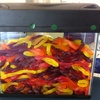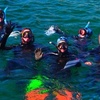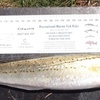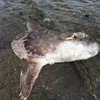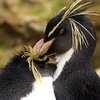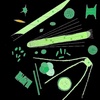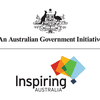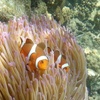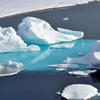
Talking Point: Scientific reticence could mark much worse climate scenarios
ARE melting polar ice sheets as stable as we think or have we missed something? Could we face rapid sea-level rise in a few decades? Scientific debate about this has picked up in the wake of the March publication of two major research papers by scientists from the US, France, Germany and China. Read the full story by Peter Boyer in The Mercury.


